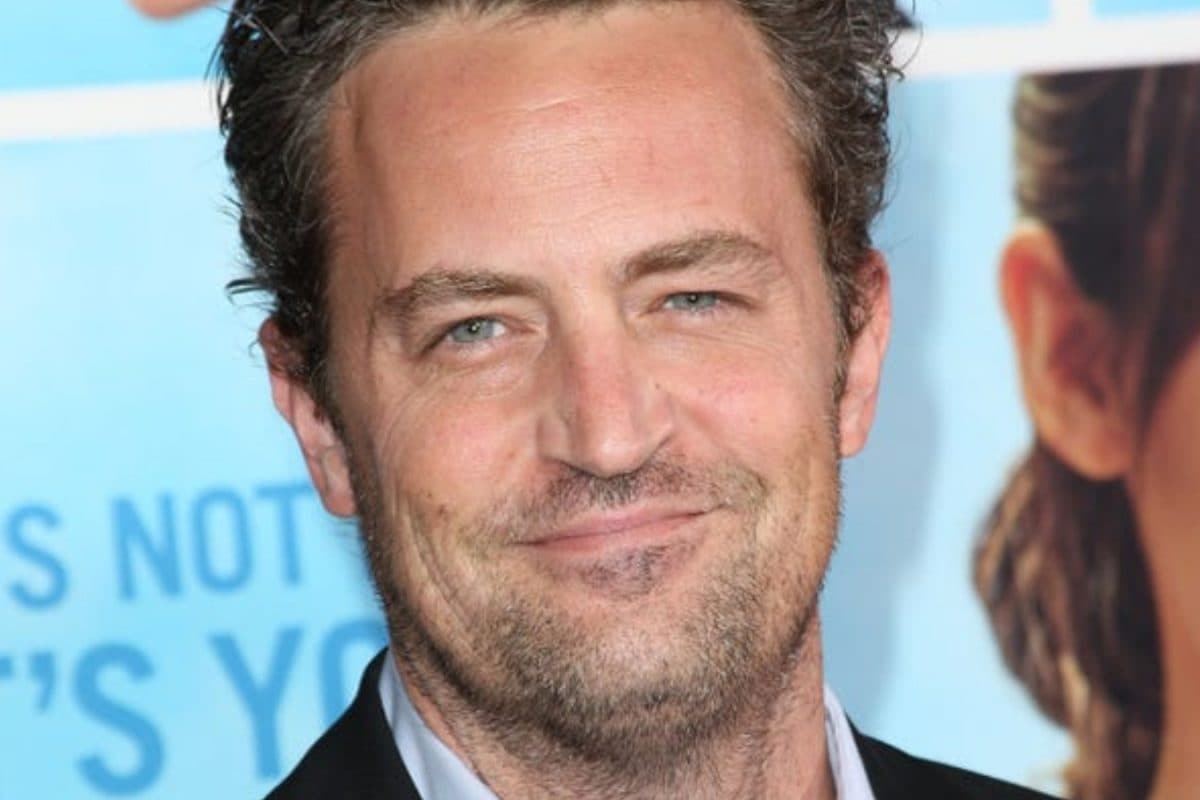

Dr. Salvador Plasencia, one of the individuals charged in connection with the death of "Friends" star Matthew Perry, has agreed to plead guilty to distributing ketamine to the actor. The plea agreement, filed on Monday, June 16, 2025, in Los Angeles, indicates that Dr. Plasencia, also known as "Dr. P," will admit to four counts of distribution of ketamine, potentially facing up to 40 years in prison.
Plasencia's agreement comes after a comprehensive investigation into Perry's death, which occurred in October 2023 and was attributed to the acute effects of ketamine. The doctor was one of five people charged in the case, which prosecutors have described as a "broad underground criminal network" that exploited Perry's addiction issues for profit.
According to the plea agreement, Plasencia's actions fell below the accepted standards of medical care, and the transfers of ketamine to Kenneth Iwamasa, Perry's personal assistant, and Perry himself were not for legitimate medical purposes. The agreement details instances where Plasencia administered ketamine to Perry, including one occasion where the actor's blood pressure spiked, causing him to "freeze up." Plasencia is also accused of injecting Perry with the drug in a car in the parking lot of the Long Beach Aquarium. Reports indicate Plasencia received tens of thousands of dollars from Perry's assistant for supplying ketamine and even injecting the actor with the drug in the backseat of his car while parked at the Long Beach Aquarium.
The investigation revealed that Perry was receiving ketamine from multiple sources. While he had been undergoing regular ketamine infusion treatments for depression from his regular doctors, the amounts were insufficient to account for the levels found in his system at the time of his death. When his regular doctors refused to administer more, he sought it elsewhere.
Another individual, Jasveen Sangha, has been identified as a major ketamine dealer who allegedly supplied the dose that killed Perry. She has pleaded not guilty and is awaiting trial. Erik Fleming, who acted as a middleman, has pleaded guilty to conspiracy and distribution charges and is cooperating with prosecutors. Kenneth Iwamasa, Perry's live-in assistant, also pleaded guilty to conspiracy to distribute ketamine causing death. He admitted to injecting Perry with ketamine, including on the day he died, despite having no medical training.
The case has drawn attention to the increasing use of ketamine for off-label treatments for conditions like depression, anxiety, and pain. While doctors are permitted to prescribe drugs for these uses, authorities emphasized that Perry was not receiving legitimate ketamine treatment but was instead being exploited by individuals who abused their positions of trust.
In one instance, it was revealed that Plasencia texted another doctor, "I wonder how much this moron will pay," showcasing a callous disregard for Perry's well-being. Prosecutors allege that after Perry's death, the defendants attempted to cover up their involvement by deleting messages and falsifying medical records.
With Plasencia's guilty plea, four of the five individuals charged in connection with Matthew Perry's death have now admitted their involvement. The remaining defendant, Jasveen Sangha, is scheduled to stand trial in August. The case serves as a stark reminder of the dangers of addiction and the potential for exploitation by those in positions of authority.